Citizen science comes to the Kootenays
Blue Lake Centre is developing a far-reaching citizen science component for its education programs
In 2010 the Blue Lake Forest Education Society (Blue Lake Centre), located near Canal Flats, B.C., received a very welcome $1.2 million from the federal government. That money was used to replace all eight of the centre’s sleeping cabins and build a new wash house and lodge/training centre. On May 3, 2014, Blue Lake Centre celebrated the completion of the reconstruction and the rebranding of the society.
Todd Hebert, who has a long history of involvement with Blue Lake, was invited to the celebration, where he learned that the current executive director of the society would soon be resigning.
“I’ve always had a great passion and connection with Blue Lake,” Hebert said. “Way back when, I ran Blue Lake for about 20 years. When I heard that the (executive director) position would become available in July, I got excited about the possibility of coming back.”
New areas of focus
The Blue Lake Centre’s administrative focus in the spring of this year was the improved facility itself and its use as a special events venue—and that focus has had good results. Bookings for the facility are coming in at a satisfying rate. As the new executive director, Hebert believes that his role now is to refocus on education.
“Years ago, when I was leaving Blue Lake, I had an idea for getting kids involved in science research projects that were land-use based or resource based,” Hebert said. “Now, the concept of citizen science has been developing out in the world and has been making a fairly significant contribution to science-related research at all levels.”
Hebert is working at capturing that concept and incorporating it into the education programs at Blue Lake. In early October, he met with the board of the Blue Lake Forest Education Society, and they unanimously agreed that this is a positive direction for the society and that refocusing on education is very important to them.
Citizen science at Blue Lake
“We’re looking at developing projects ... that students and youth can be involved in so that they can have a greater understanding of our forested lands, our ecosystems and their relevance in our lives, as well as contribute to the research,” Hebert said.
“Next, we hope to develop our partnerships with the colleges, school districts and teachers to decide how to put these projects together, and also we’ll connect with researchers and project managers to find out which existing projects can benefit from a citizen science component.”
The Blue Lake education programs would involve children of all ages, and the projects would be interesting, relevant and run according to accepted scientific standards. School groups could come to Blue Lake to learn correct scientific methods of gathering information about topics like water quality: how it is measured, how the plants and creatures in the lakes are affected by water quality and how turbidity and oxygen levels are determined. Their research findings would be part of the bank of information that is used in the future.
“We would connect with Selkirk College and College of the Rockies,” said Hebert, “and we’re looking at connecting with the University of Calgary, where that type of work is being done, and possibly add to their data set.
“We’re setting the educational vision for the centre and the society as a whole. Over the coming months and years, we’re looking at developing Blue Lake into the Citizen Science Training Centre for the Columbia Basin.”

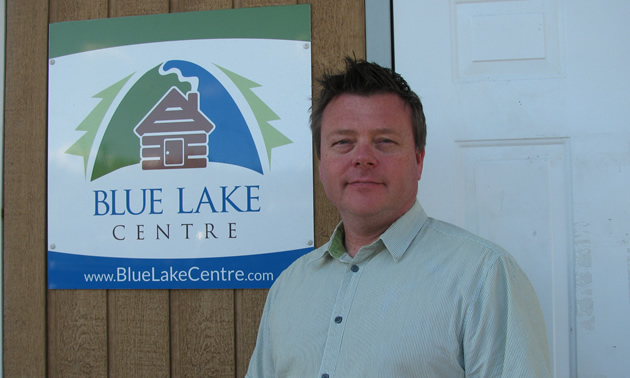
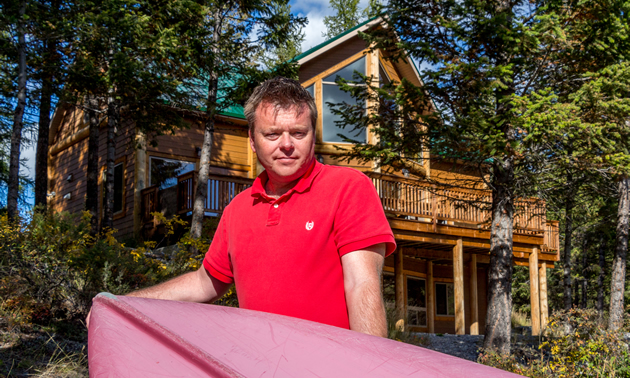
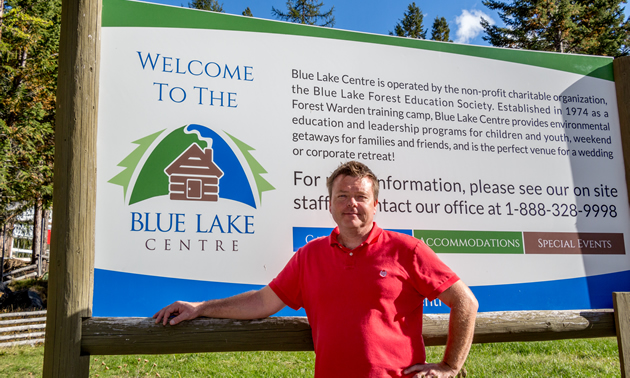
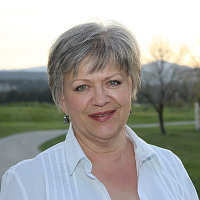
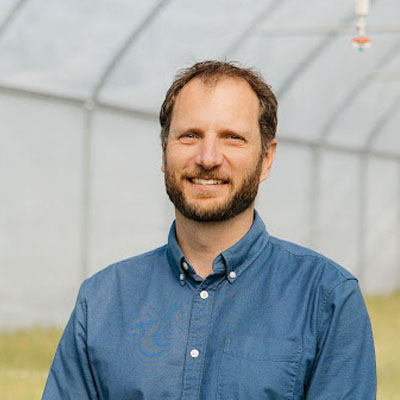
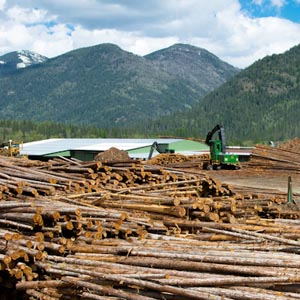
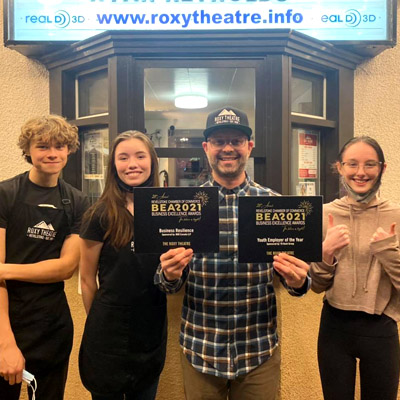

Comments